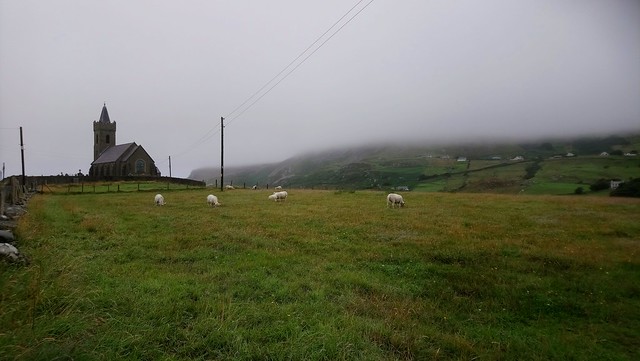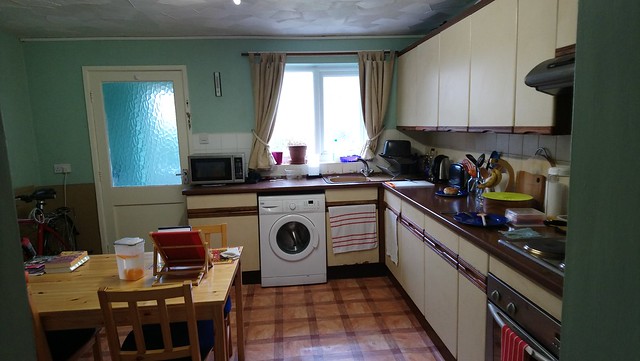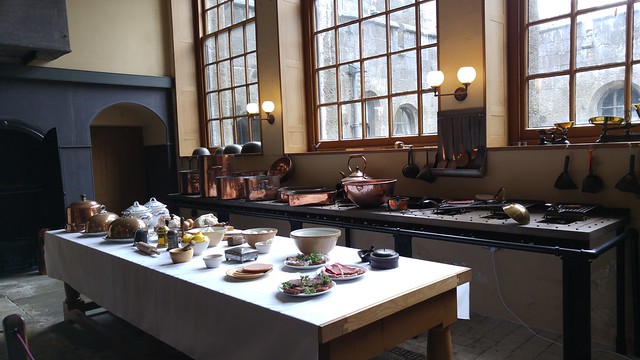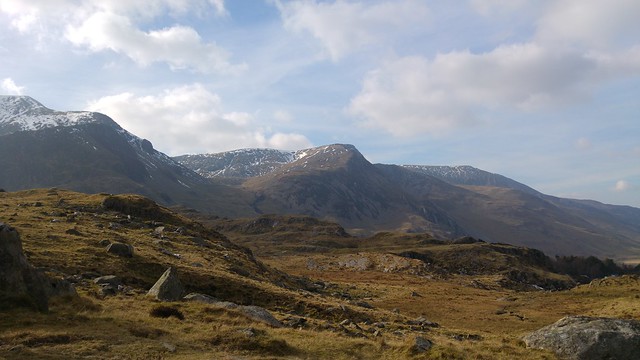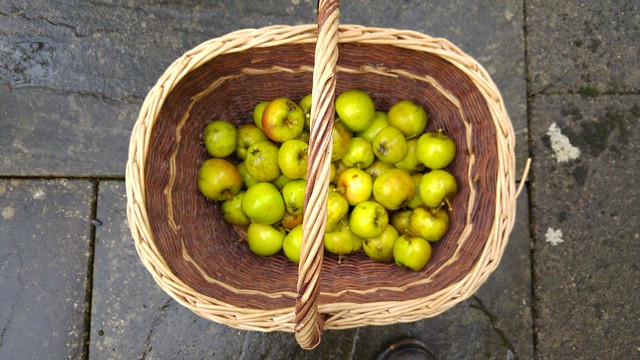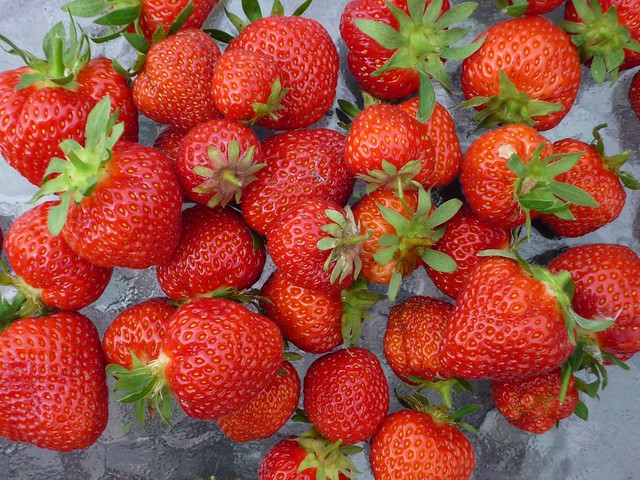Words for cells, churches and related words in Celtic languages.
| Old Irish (Goídelc) | cell [kʲel͈] = church |
|---|---|
| Irish (Gaeilge) | cill [ciːlʲ] = church, churchyard, cell cilldeighilt = cell division cillín = cell, hoard, nest-egg cillscannán = cel membrane aoncheallach = single celled, unicellular |
| Scottish Gaelic (Gàidhlig) | cill [kʲiːʎ] = chapel, churchyard, burial ground, graveyard, hermit’s cell cill-chlos = quietness of a churchyard cill chailleachan-dubha = nunnery cill-mhanach = abbey, monastery |
| Manx (Gaelg) | keeill = church, place of worship, oratory, small monastic cell (used mainly in place names) keeill aspickagh = cathedral |
| Proto-Brythonic | *kell = cell |
| Middle Welsh (Kymraec) | kell = cell |
| Welsh (Cymraeg) | cell [kɛɬ] = cell, bower cilgell = alcove, side apartment, recess (“corner cell”) llyfrgell = library (“book cell”) oergell = fridge (“cold cell”) rhewgell = freezer (“ice cell”) tangell = stove, cooker (“fire cell”) |
| Cornish (Kernewek) | kell [kɛlː/kɛlʰ] = cell |
| Breton (Brezhoneg) | kell [ˈkɛlː] = (prison / monastic) cell |
Etymology: from the Latin cella (small room, hut, storeroom, barn, granary, sanctuary, pantry), from the Proto-Indo-European *ḱelneh₂, from *ḱel- (to cover). The English word cell comes from the same root [source]
| Old Irish (Goídelc) | eclais [ˈeɡlisʲ] = church, clergy |
|---|---|
| Irish (Gaeilge) | eaglais [ˈaɡəl̪ˠəʃ / ˈɑːɡlˠəʃ / ˈaɡlˠəʃ] = church, church building eaglaiseach = churchman, clergyman, ecclesiastic eaglaiseoireacht = ecclesiastical matter or duties eaglasta = ecclesiastical |
| Scottish Gaelic (Gàidhlig) | eaglais [egl̪ʲɪʃ] = church eaglaiseach = churchman eaglaiseil = ecclesiastical cathair-eaglais = cathedral eadar-eaglais = ecumenical neo-eaglais = secular |
| Manx (Gaelg) | agglish = oratory, church (people) agglishagh = cleric, clerical, ecclesiastic, canonical, divine, churchman eddyr-agglishagh = ecumenical |
| Proto-Brythonic | *egluɨs = church |
| Middle Welsh (Kymraec) | eccluys, egluis, eccluis = church |
| Welsh (Cymraeg) | eglwys [ˈɛɡlʊɨ̯s / ˈɛɡlʊi̯s] = church eglwysa, eglwyso = to church, attend church eglwysaidd, eglwysol = ecclesiastic(al), church-like eglwysol = ecclesiastical, church-, cleric |
| Cornish (Kernewek) | eglos [ˈɛɡlɔs/ˈɛɡlɐz] = church eglos teg = temple |
| Breton (Brezhoneg) | iliz = church ilizamant = churching |
Etymology: from the Latin ecclēsia (church, assembly), from the Ancient Greek ἐκκλησία (ekklēsía – assembly, congregation, church). [source].
Sources: Wiktionary, Am Faclair Beag, Online Manx Dictionary, Teanglann.ie, eDIL – Electronic Dictionary of the Irish Language, In Dúil Bélrai English – Old Irish glossary, Geiriadur Prifysgol Cymru, Gerlyver Kernewek, Dictionaire Favereau, TermOfis, English – ProtoCeltic WordList (PDF), Etymological Dictionary Of Proto Celtic
